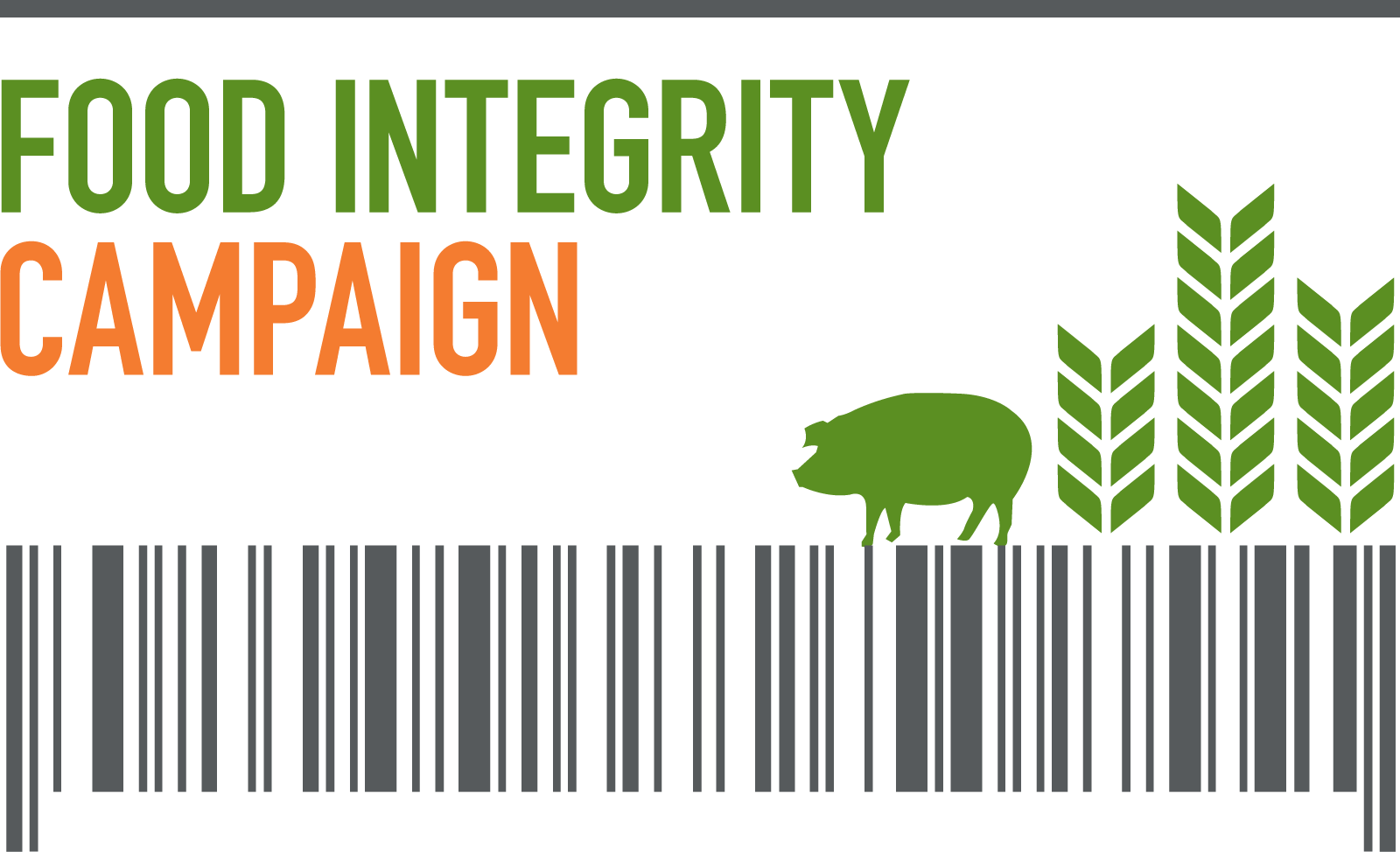The Government Accountability Project is probing whether biotech companies exerted improper influence over Hawaii government officials while the Kauai County Council debated GMO and pesticide disclosure legislation this year.
The Washington D.C.-based government watchdog group has submitted several information requests to Hawaii state and county officials asking them to disclose meetings and communications with biotech companies, according to a GAP press release.
The nonprofit group describes itself as a “whistleblower protection and advocacy organization” with funding from such sources as the Open Society Foundation and the Rockefeller Family Fund.
In particular, GAP is looking at whether the biotech industry sought “to derail local legislative efforts through closed-door strategizing with state and county officials.”
Pursuant to the Hawaii Uniform Information Practices Act, GAP has requested information about meetings and communications between the Governor’s Office, the Hawaii Department of Agriculture, and the Kauai County Mayor’s Office and any representatives of Dow AgroSciences, Pioneer Hi-Bred, Syngenta, BASF, and the biotech trade group “Hawaii Crop Improvement Association.” The requests focus on communications concerning pesticide use and Bill 2491/Ordinance 960.
Amanda Hitt, GAP’s Food Integrity Campaign Director, stated, “We knew we had to get involved. We filed these requests after being contacted by several Hawaii residents concerned about what seemed to be attempts by the biotech industry to derail local legislative efforts through closed-door strategizing with state and county officials. This is nothing short of a corporate hijacking of the democratic process.”
GAP’s mission is “to protect the public interest by promoting government and corporate accountability.”
From 2010-2012, Dow, Syngenta, BASF and Pioneer have collectively applied over 98% of the total Restricted Use Pesticides used in the agricultural sector on Kauai. Actions by the Governor’s office and the Hawaii Department of Agriculture during the debate over Kauai County Council Bill 2491 left both bill-supporters and council-members questioning what appeared to be an agenda to block County progress. On the eve of key county council votes, the State issued announcements regarding a voluntary pesticide disclosure and buffer zone program, which many interpreted as an attempt to derail regulatory action.
The administration under Governor Abercrombie has come under increasing scrutiny for its ties to the industry, and its disregard for the concerns of residents impacted by biotech operations, as well as the medical and environmental communities. In 2013, there were moves made by the industry, with the support of State Departments and law-makers, to eliminate the counties’ rights to protect the health and well-being of their people. The trend towards institutionalizing the rights of corporations over the rights of people is one that Hawaii’s citizens are becoming increasingly concerned about. As the 2014 State legislative session nears, residents around Hawaii are preparing to focus their attention on any attempts by the biotech industry to strip County and State regulatory oversight.
Fern Rosenstiel of ‘Ohana o Kauai said, “It’s important for Hawaii’s elected officials to know that attempts to undermine the peoples’ desire for transparency, democracy and protection of people and land will not be tolerated. The people of Hawaii are moving forward together to show that agreements made between multi-national corporations and our government behind closed doors are not the way of our future. And we are very grateful to GAP as an ally in this.”
